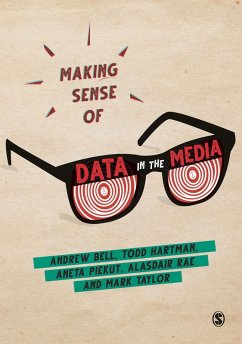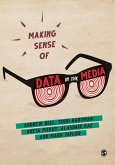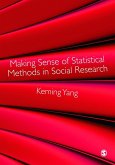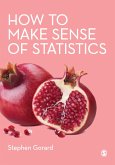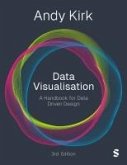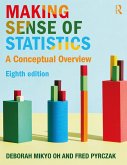The amount of data produced, captured and transmitted through the media has never been greater. But for this data to be useful, it needs to be properly understood and claims made about or with data need to be properly scrutinized.
Through a series of examples of statistics in the media, this book shows you how to critically assess the presentation of data in the media, to identify what is significant and to sort verifiable conclusions from misleading claims. How accurate are polls, and how should we know? How should league tables be read? Are numbers presented as 'large' really as big as they may seem at first glance?
By answering these questions and more, readers will learn a number of statistical concepts central to many undergraduate social science statistics courses. By tying them in to real life examples, the importance and relevance of these concepts comes to life. As such, this book does more than teaches techniques needed for a statistics course; it teaches you life skills that we need to use every single day.
Through a series of examples of statistics in the media, this book shows you how to critically assess the presentation of data in the media, to identify what is significant and to sort verifiable conclusions from misleading claims. How accurate are polls, and how should we know? How should league tables be read? Are numbers presented as 'large' really as big as they may seem at first glance?
By answering these questions and more, readers will learn a number of statistical concepts central to many undergraduate social science statistics courses. By tying them in to real life examples, the importance and relevance of these concepts comes to life. As such, this book does more than teaches techniques needed for a statistics course; it teaches you life skills that we need to use every single day.
Dieser Download kann aus rechtlichen Gründen nur mit Rechnungsadresse in A, D ausgeliefert werden.

